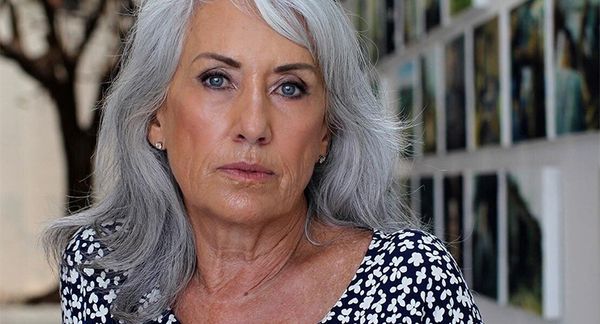
The Judith Neilson Institute has appointed the billionaire philanthropist’s lawyer and daughter to the board as Neilson cements her control of the $100m in journalism support she pledged in 2018.
The two new directors – daughter Beau Neilson, the creative director of Phoenix Central Park, and lawyer Daniel Appleby, a director on the Judith Neilson Head Trust – were appointed at a JNI board meeting on Thursday.
The two allies of Neilson replace the four independent directors who resigned en masse in protest at the patron’s plans to change the direction of the institute.
The directors who quit were the former New South Wales chief justice James Spigelman, the Australian’s editor-at-large, Paul Kelly, the Free TV chief, Bridget Fair, and the former chief executive of the State Library of Victoria Kate Torney.
Under the JNI executive director, Mark Ryan, the institute has handed out $2.5m in grants to everyone from major media organisations through to community groups, and has run a series of events and education programs.
The institute, housed in an updated heritage building in inner Sydney’s Chippendale, which was gifted by Neilson, was launched as a non-partisan charity governed by an independent board.
But it emerged last week that Neilson was unhappy with some of the decisions made by the organisation and had indicated she wanted to become more involved with running it.
Neilson, who has wide philanthropic interests, wants to fund social change journalism, signalling a move away from handing out grants to the media giants.
According to leaked emails, Ryan opposed the move and warned the international advisory board that the organisation was spiralling “out of control”. However, only four of the 12 advisory board members signed the letter to Neilson. Ryan remains on the board but is believed to be negotiating an exit.
The chief executive officer of Neilson’s family office, Simon Freeman, told Guardian Australia Neilson wanted to move the organisation “in a slightly different direction”.
“Judith recognises the effort of what’s come to date, but has decided that she wants to move in a slightly different direction, which is more focused on social change journalism,” Freeman said.
Guardian Australia, like other media organisations, has had several projects funded by the institute, including the Pacific Project.
When she founded the JNI she said she would “look to experienced journalists and other experts to manage and guide its work”.
“I know that traditional forms of journalism are going through massive change and Australian journalism and intellectual life needs a shot in the arm,” she said in 2018.
However, Neilson now wants to focus on grassroots journalism and communities who are under-served by the media.










